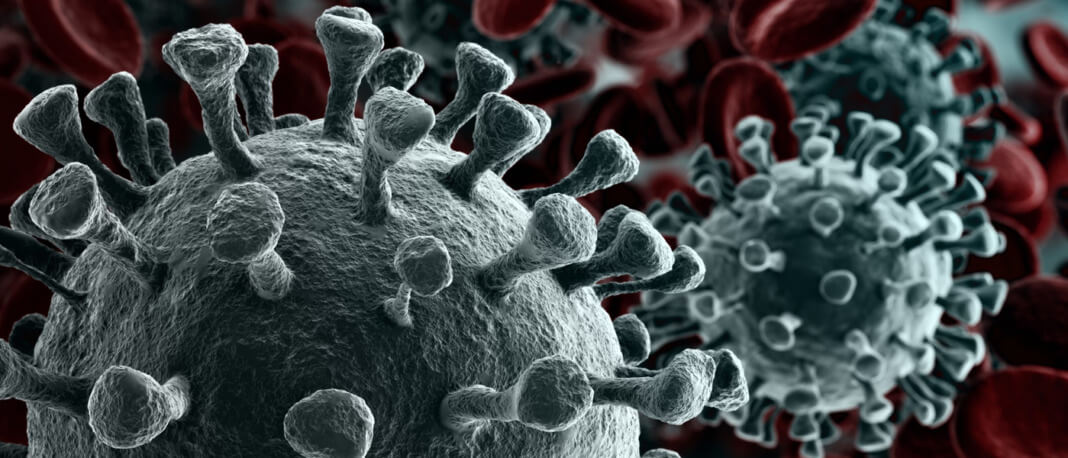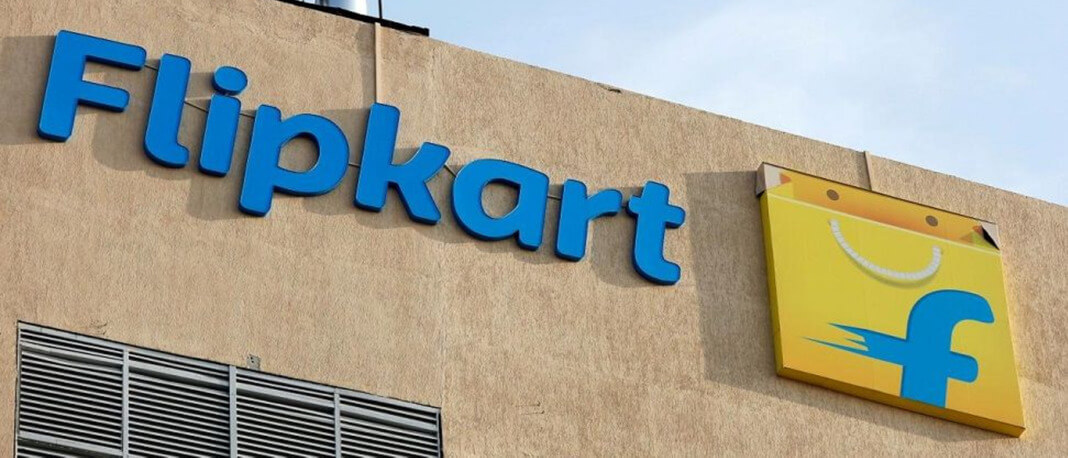As Facebook continues to scramble to filter their ads better after the election scandal in 2016, COVID-19 is proving to be their latest big challenge. In a recent article on Consumer Reports, one reporter decided to test the claim that they would not approve ads that have misinformation.
How the test was created
The reporter took on two examples where he asked people to drink a breach to kill coronavirus and another discrediting the rule of social distancing. These ads were created in the afternoon, and the Facebook page they were posted in, was created on the same day as well.
He then tested multiple versions of copy to measure the sensitivity of the filters. The versions spanned from not mentioning COVID-19 to headlines declaring it a hoax. Then, the ads were scheduled to be published on a later date to prevent them from actually running, hence spreading the misinformation, but forcing them to be subject to the review process.
What was the result?
Facebook approved all the copies, including the ones publicly claiming that coronavirus is a hoax in capital letters. The only version of the ad that was flagged was the one that featured a respirator mask. This action is an indication that their filters are most probably looking for physical products they have stated that ads may not run for.
The approved ads sat there for a week and would have launched on the scheduled date if the reporter had not contacted Facebook to disable the ad account.
How Facebook fails to flag ads
All Facebook ads pass through the screening process, driven by AI. Anyone who has his/her ads disapproved can appeal, and then they can be reviewed by humans for approval or disapproval. These actions are to help the AI learn and get better with time.
Facebook CEO, Mark Zuckerberg, recently mentioned that the AI is the ideal way of flagging misinformation upfront. It is preferable than waiting for users to report an ad, which means the misinformation has already started spreading.
However, there is counter-argument that the over-reliance of AI is not good. For example, the reporter noted that the account he used to run the ads on was not scrutinized enough, given that it was less than a week old, and it did not have any profile details or page posts.
Staff shortage makes the issue even worse
Most advertisers have been receiving notifications about delayed ad approval due to less staff. The Facebook staff has gone down from the normal 15,000 to just a few thousand. Moreover, most reviewers have been a third-party workforce, which is now being shifted to include more Facebook employees, a Facebook spokesperson revealed to Consumer Reports.





